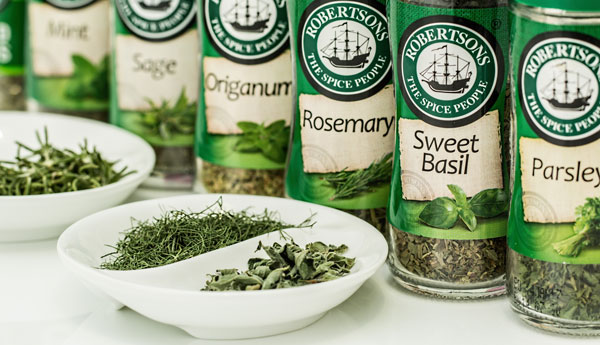
There are few culinary delights less appreciated, yet more important, than herbs. While spices have their zing, and a prime cut of meat needs no seasoning, herbs are far from a simple garnish, yielding subtle, complementary flavors to any dish they accompany. Read on for 10 herbs you absolutely need to have in your garden–and not long after, on your food.
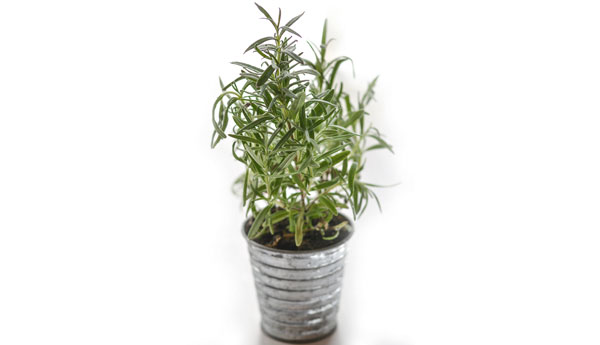 1. Rosemary
1. Rosemary
There is no herb better than rosemary. There. I said it. Okay, so this is obviously up to personal preference, and I realize it’s rare to have such strong opinions about a simple plant, but hear me out. Rosemary is one of the rare herbs that has a strong flavor, yet is simultaneously versatile. From its smell to its taste, rosemary lends an air of elegance to almost any dish, from basmati rice, to pork tenderloin, to lamb. If I could only plant one herb, this would be it, and since it’s an evergreen I would never run out. Like most evergreens, it likes a sunny environment, slightly on the drier side.
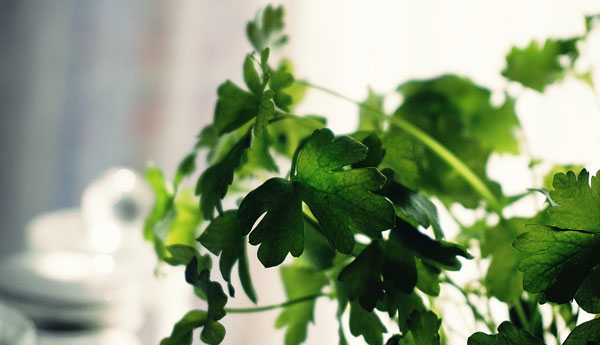 2. Parsley
2. Parsley
Rosemary may be my favorite, but there’s no debate that parsley is the most prolific. From a subtle complement to steak, to an absolute essential on pasta, parsley may not have the strong flavor of rosemary but is far and away more versatile. Its most important use, however? Parsley is the key ingredient in pesto, a fantastic topping on pizza, pasta, salmon and more. It’s a biennial, meaning it can be grown twice a year; just sow seeds in the spring and summer for a healthy supply year round.
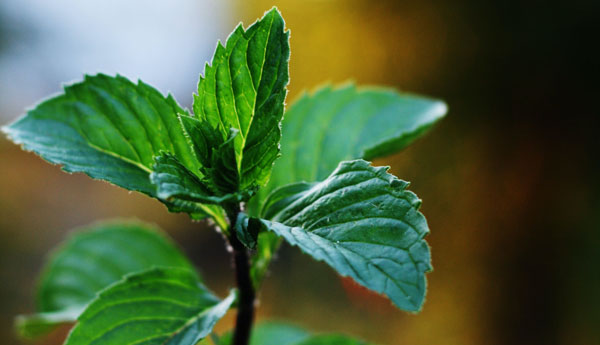 3. Spearmint
3. Spearmint
An herb with a powerful flavor, this is less versatile than our top two choices, but when it matches the flavor, it works like nothing else. It can also be used to concoct a very flavorful tea. Hardy and easy to grow, spearmint can quickly become a runaway invasive if you’re not careful, so keep an eye on it. A purple-blossoming perennial, you can harvest your spearmint from August to September.
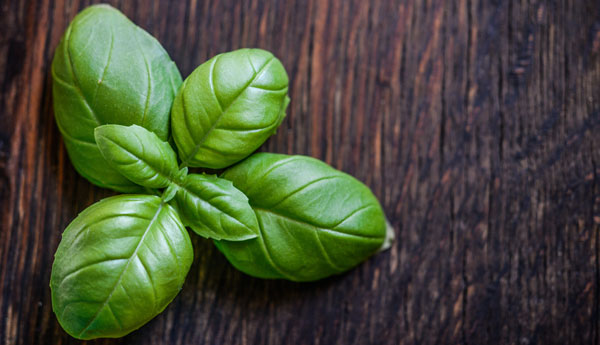 4. Basil
4. Basil
If anything could give parsley a run for its money as most-popular herb, it would be basil. In fact, in Britain, it is the most widely sold herb. An essential in most Mediterranean dishes, it likes a warm climate, and thus can only be grown outdoors in summer (unless you live in a very warm place). Salads and pasta dishes are the most popular use for this delicious herb.
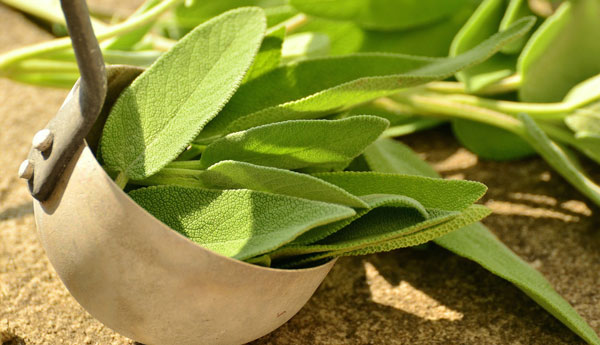 5. Sage
5. Sage
Another herb with an intense flavor, sage is unmistakable in any dish it graces. Salty and a little peppery, it’s not hard to see why this humble sprout makes an excellent accent to a wide variety of dishes, particularly red meats. One tip–the larger you let the leaves grow, the stronger the flavor gets, so feel free to let it mature. Sage is also rich in vitamin C and potassium, making it a healthy addition. An evergreen shrub, you can harvest sage year round, provided you keep it in the sun and do not overwater.
Now that you have a few ideas on what to grow, tune in next time for some tips on growing a successful herb garden.
A humble homesteader based in an undisclosed location, Lars Drecker splits his time between tending his little slice of self-sustaining heaven, and bothering his neighbors to do his work for him. This is mainly the fault of a debilitating predilection for fishing, hunting, camping and all other things outdoors. When not engaged in any of the above activities, you can normally find him broken down on the side of the road, in some piece of junk he just “fixed-up.”

Joseph Heintz says
By the way, on the subject of parsley, biennial means it takes the plant two years to complete its life cycle. It DOES NOT mean that you can plant two crops per year or season.
Joseph Heintz says
There are two common varieties of parsley. Curly is best for garnish; flat or Italian is best for seasoning.
God made tomatoes to go with basil, or was it the other way around? Anyhow, there is nothing tastier than a bowl of cut-up, sun-warmed tomato sprinkled with fresh basil and topped with EVOO and balsamic vinegar.
Plant your rosemary where it won’t be in the way, and then neglect it! It will grow into a strong shrub, produce leaves all year round (at least in zone 7 or warmer), and add that extra little quality to your pork and lamb dishes.
One herb you all forgot is laurel, a.k.a. bay leaf. Like rosemary, laurel grows into a nice shrub and is fairly hardy. Unfortunately, laurel is susceptible to infestation by scale insects, so inspect your plant closely before you buy it and often thereafter. Once the scale insects get on the leaves, they cannot be used for cooking. You can use Volck Oil to kill them, but then you have to wait for new growth before you harvest leaves.
Tim Shep says
Good info but I’m having a hard time trying to Pin it.